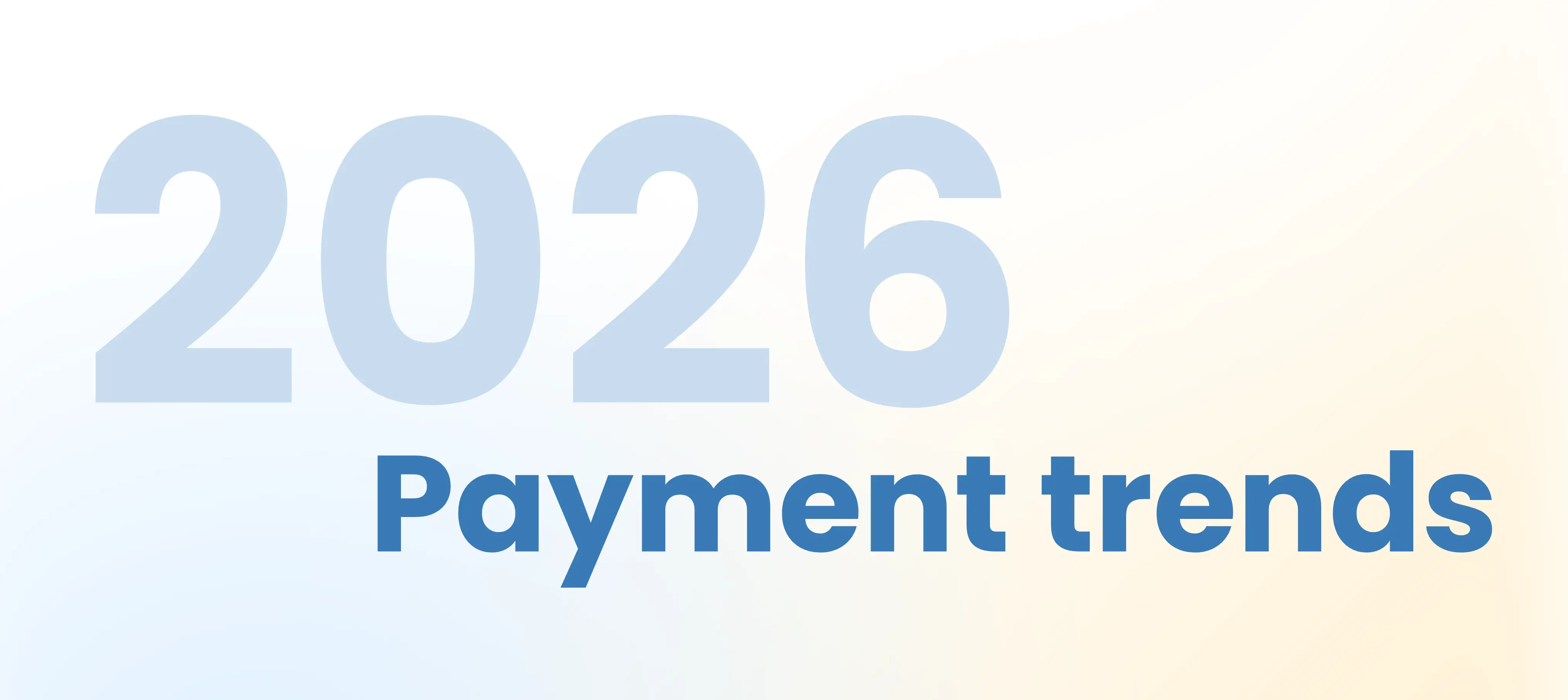All posts
Fraud, Chargebacks, and Compliance in 2026: The New Baseline
Posted on 02/10/2026
Payment Trends in 2026: What Businesses Must Be Ready For
Posted on 02/04/2026
Dynamic pricing; How companies are rethinking to fuel the next wave of growth
Posted on 12/29/2025
Visa’s VAMP Signals a New Era for High-Risk Merchants
Posted on 11/24/2025
How Small Businesses Win with Customer Support
Posted on 11/17/2025
Thanksgiving 2025: A Strategic e-Commerce Playbook for Retailers
Posted on 11/12/2025
Cyber Monday: what business owners need to know
Posted on 11/10/2025
5 Holiday Strategies Every Small Business Should Try Before Year-End
Posted on 11/06/2025










